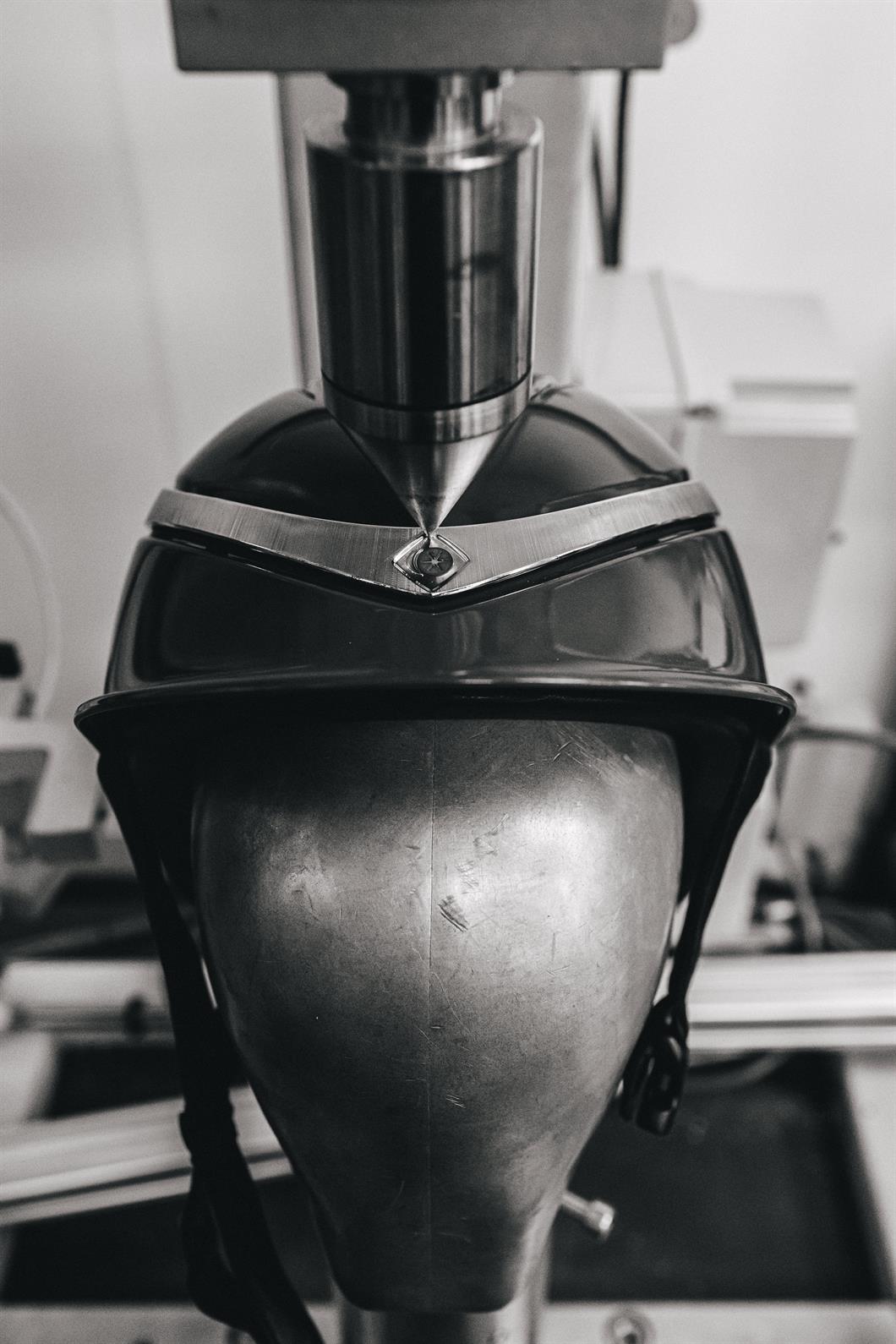
Photo: Charles Owen
Charles Owen has long been a name synonymous with safety and research in the equestrian industry. In 2021, the riding helmet manufacturer investigated mental health in riders for the first time in its history. The landmark study, conducted by University of Brighton MSc student Charlotte Ricca, involved over a thousand riders.
“We were amazed by the amount of riders willing to participate, as the study required them to share quite sensitive information about their mental health,” Ricca said. “Their willingness to share has enabled us to uncover a serious issue facing the equestrian industry today.”
The study asked participants to share details of any falls in the past 12 months. It then went on to evaluate their mental health before the fall, after the fall, and in the most recent two-week period during the study. Mental health was measured using an industry standard test (PHQ-9, Kroenke et al, 2001).
The study found that 58% of concussed participants reported a significant increase in depression and anxiety scores following their fall. The data showed that the more severe the head injury, the more severe the symptoms of depression and anxiety. Results also found that 30% of riders who suffered from depression had prolonged mental health problems, some up to one year after their accident.
Matt Stewart, Head of Innovation at Charles Owen, explained, “Our study has replicated what has been found across other studies in sport, particularly those in rugby and American football, where 28% of professional NFL players have suffered serious cognitive impairment as a result of concussion. An accident in horse riding has the potential to involve higher forces than other sports, so it’s a fascinating area to study.”
Explaining why there may be a correlation between concussion and mental health, Stewart continued, “Our brain doesn’t have protective mechanisms to take severe blows. When we experience an impact to the head it’s believed certain proteins are released, which impair normal brain function. A human will be concussed at 70G acceleration. Horse riding accidents can have accelerations of up to 500G, which would be life threatening on an un-helmeted head. Helmets aim to reduce the peak G below life-threatening levels.”
There are three main international equestrian safety standards to look for: Kitemark PAS015:2011, Kitemark VG1 01.040 2014-12, and SEI ASTM F1163:2015. You should always choose a riding helmet that has as many certified standards as possible, to protect yourself against as many scenarios as possible. Ninety-five percent of Charles Owen helmets meet all three safety standards, and their 4Star skull cap also carries an additional safety standard, SNELL E2021 rating for extreme situations.
Charles Owen recommends that helmets should ideally carry the British kitemark with PAS015:2011 standard (involving more strict tests than other standards), as not only will a good-quality helmet protect riders’ physical health, but potentially their mental health too.
It is for this reason Charles Owen encourages riders to replace their helmets after every accident (because helmet damage is often hidden) and to replace them every three to five years, depending on how often they are worn.
Learn more about riding helmet safety standards at charlesowen.com/standards.
The findings of this study were released as part of a “Helmet Safety for Mental Health” video campaign launched during Mental Health Awareness week in May, in conjunction with Riders Minds, a British-based mental health charity dedicated to supporting 19 million riders in the United Kingdom with their mental health.
Victoria Wright, Director of the Riders Minds charity, commented, “We are thrilled to be partnering with Charles Owen on this campaign. We think this study is an important first step in what we hope will become a bigger area of study in the equestrian industry. Riders Minds has found 25% of riders have suffered from depression, and our research indicates that riders who have experienced five or more concussions are twice as likely to suffer from a mental health condition as a result. Our research also suggests that this does not always happen immediately; this can occur six months to a year after the incident. With the help of Charles Owen, we are developing a set of tools to identify problems early on and recognize the warning signs to look out for, which will support those suffering.”
For more information, check out Charles Owen’s helmet safety tips and their advice on how to choose a riding helmet, and visit US Equestrian’s online Learning Center. There you’ll find the video “Concussions: Signs, Symptoms, and Helmet Safety,” as well as a wealth of additional resources about concussion-prevention from US Equestrian, the Centers for Disease Control and Prevention, Charles Owen, and more.


